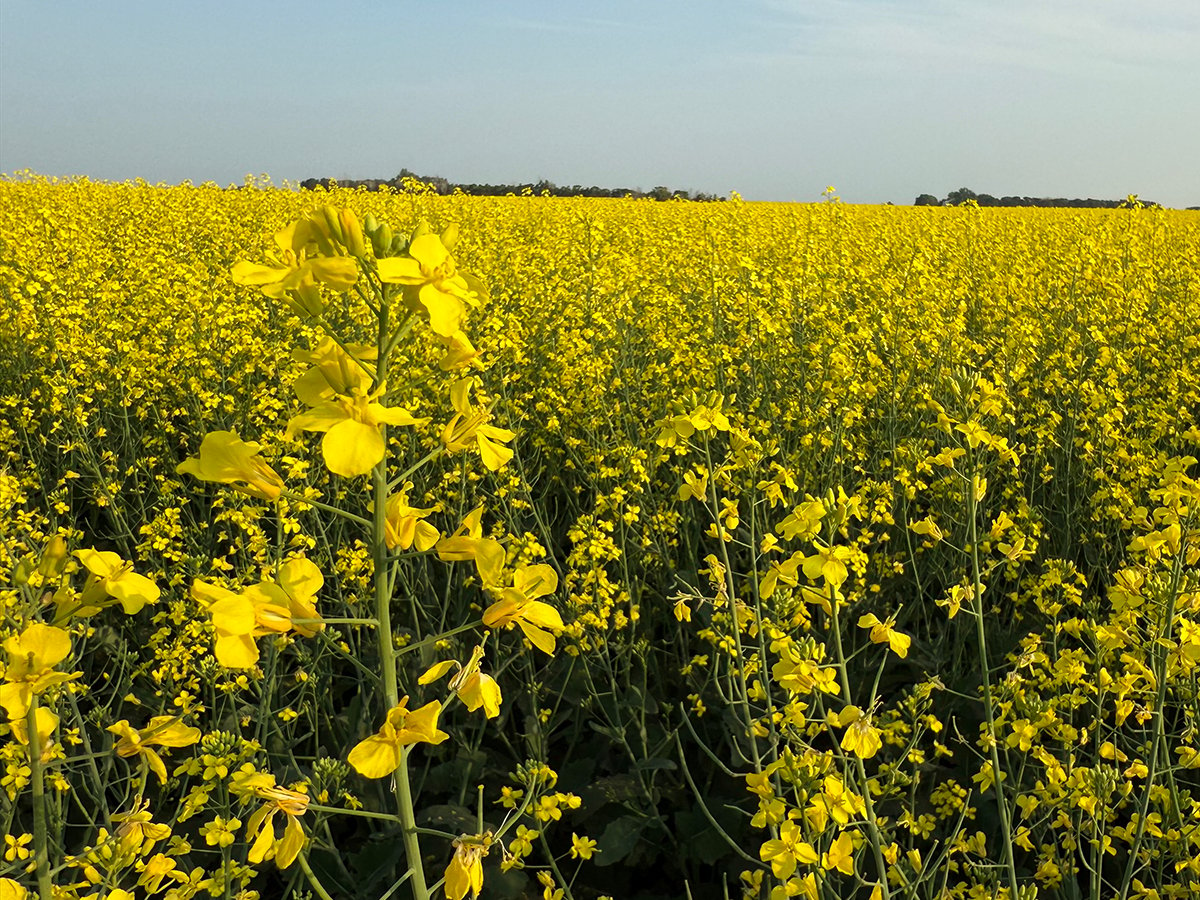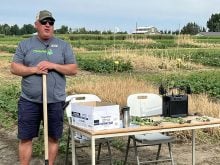Meetings between the Manitoba highways department and the province’s main farm and rural lobby groups could pave the way for public input on the future direction of Manitoba’s road system.
When the grain transportation subsidy was cut, Manitoba farmers were left paying the most to get their crop to port. The change shifts farming in that province into a new gear – likely one that will depend heavily on roads, said Erv Griffin, acting general manager of Keystone Agricultural Producers.
“It’s in a large part due to the paradigm shift that is occurring out in rural Manitoba,” he said.
Read Also

Canola council cuts field agronomy team
The Canola Council of Canada is cutting its agronomy team as part of a “refreshed strategic framework.”
“Now that we’ve lost the Crow and probably won’t be exporting wheat, maybe we should be looking into the future, and it was decided only the local people can advise where they are expecting their needs for transportation to go.”
Today’s system falls short of what farmers and rural Manitobans need in a road network, said Dauphin-area farmer Don Dewar, chair of KAP’s transportation committee.
“There were some grave concerns about what kind of planning was being done,” he said.
“We saw last winter that grain had to move north and south to get to our rail lines and yet our main road structures run east and west.”
KAP and the Union of Manitoba Municipalities are hoping the final outcome will be a blueprint for future transportation policy in Manitoba. The process the lobbies are proposing would ask Manitobans to speculate on what their future transportation needs will be.
“That’s kind of crystal-balling it and we hope people will bring their cards to the table,” said Dewar.
If the proposal gets the go-ahead, it will be the first time the Manitoba government has asked its residents for advice on roads.
But a provincial highways spokesperson said the process is far from being implemented. Don Norquay, assistant deputy minister of highways, stressed in an interview Aug. 21 the government hasn’t agreed to anything.
“At no time did we say this is something we are committed to doing,” he said. Rather, Norquay and highways staff will help KAP and UMM understand the technical “nature of what a public opinion process could be. Any agreement coming out of that meeting was between KAP and UMM officials representing their constituents about what should be there,” he said.
“As a transportation official I might actually disagree and advise the minister in a different way.”
He said this could be the first step toward a province-wide public consultation process on roads.
“That would be something different than what we’ve done historically in the development of our long range plans,” Norquay said.
Griffin said participants in the Aug. 18 meeting struck a working group to launch the plan into action.
Dewar said KAP, UMM and highways officials will work on a strategy this winter to present to the minister for consideration. Railroads and grain companies representatives will eventually be invited to the table.
















